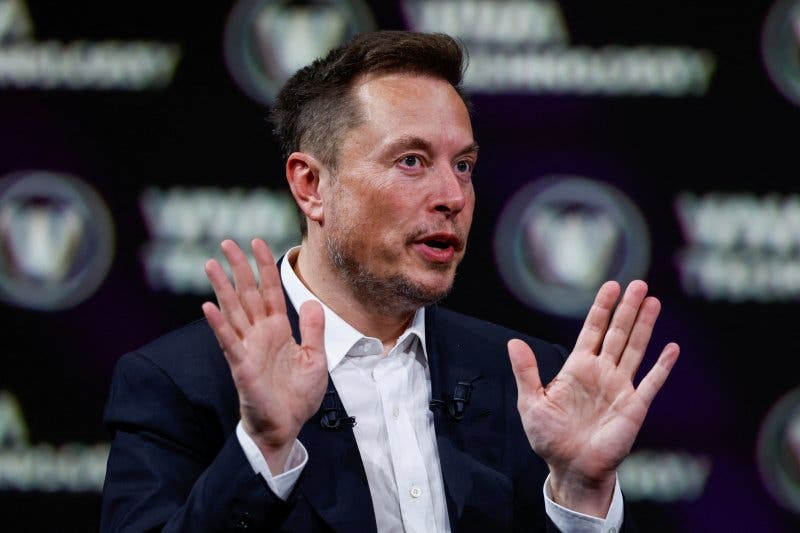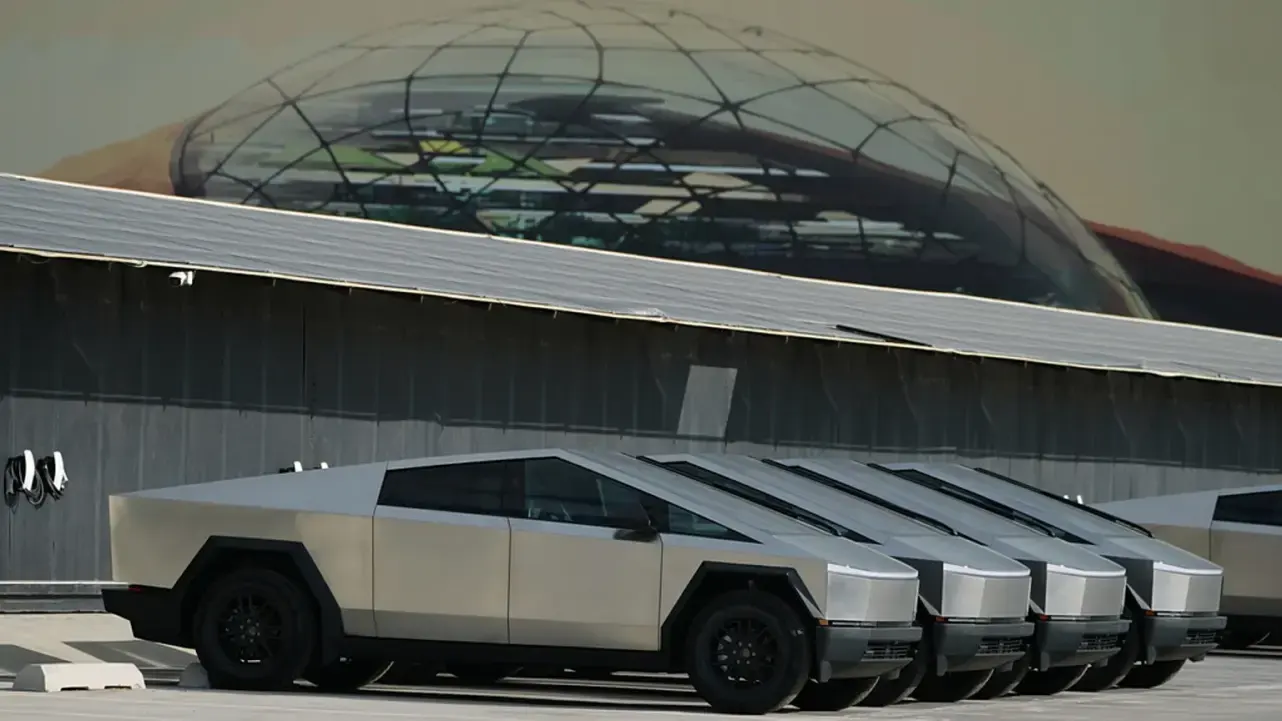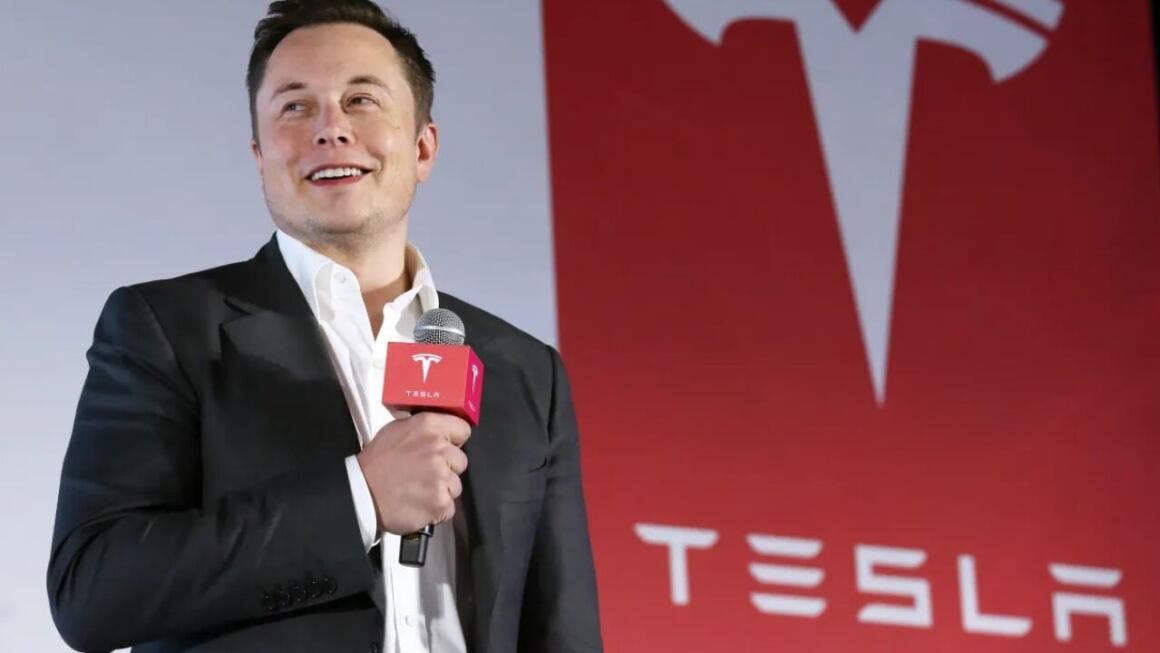It appears the price of being an outrage-fueled political commentator on X comes in seven-figure increments, specifically, over a million lost vehicle sales in the US alone. A sobering new study from Yale University and the NBER, chillingly titled “The Musk Partisan Effect on Tesla Sales”, suggests that Elon Musk’s increasingly polarizing public persona has wreaked unprecedented havoc on the brand he supposedly champions.
The data is nothing short of brutal: between October 2022 and April 2025, Musk’s antics, his political activism, his alignment with far-right figures, and his general air of social media main character syndrome, reportedly slashed Tesla’s sales by a staggering 67% to 83%.

The research reveals a predictable, yet devastating, partisan effect. Prior to the Twitter acquisition, traditionally “liberal” counties were enthusiastically driving the Tesla uptake. After that fateful October in 2022, progressive buyers suddenly, and dramatically, developed an allergic reaction to the brand. In a cruel twist of irony for Musk, this mass defection wasn’t offset by a corresponding surge in interest from conservative consumers. Tesla alienated its primary, wealthy, environmentally conscious base without actually converting a new, conservative demographic. They lost their audience without gaining new applause.
This reputation collapse translated directly into structural damage. While the overall electric vehicle market continues its march toward growth, competitors like Ford, GM, Hyundai, Kia, and Rivian conveniently picked up the slack, enjoying a collective sales bump of 17% to 22% during the same period. This suggests that the problem wasn’t the EV market; it was the man at the top.

The consequences are now manifesting in hard reality, far beyond mere brand perception. We’re looking at production cuts, the postponement of grand projects like the Mexico Gigafactory, and capacity utilization plummeting below 60% in existing factories, a far cry from the relentless expansion once planned.
The sheer magnitude of the damage, which researchers claim could have seen monthly sales up to 150% higher without the politicization, forces an existential question: can the polarizing shadow of its founder continue to coexist with the growth ambitions of a company that desperately needs to return to being the neutral symbol of electric mobility it once was?
